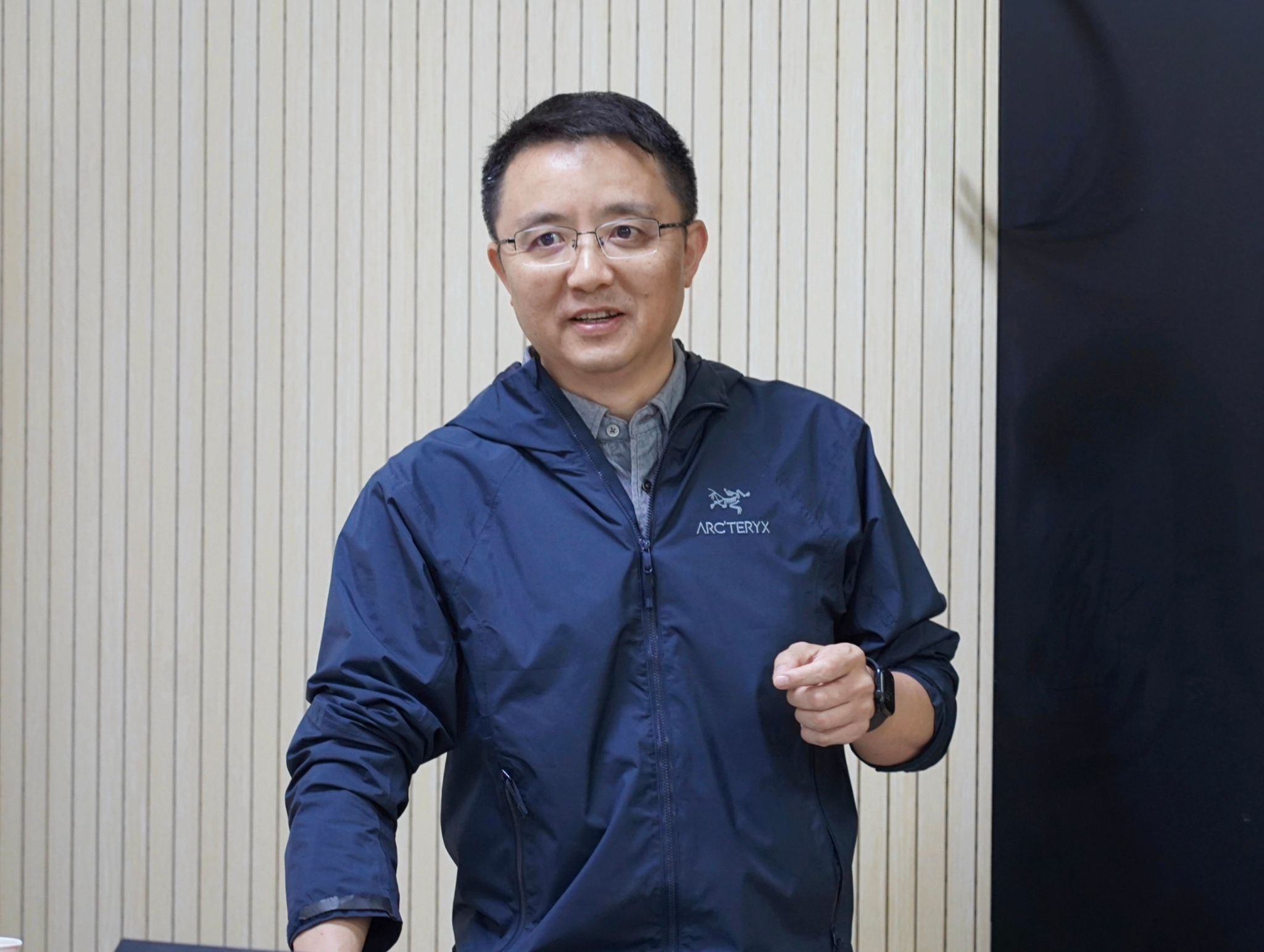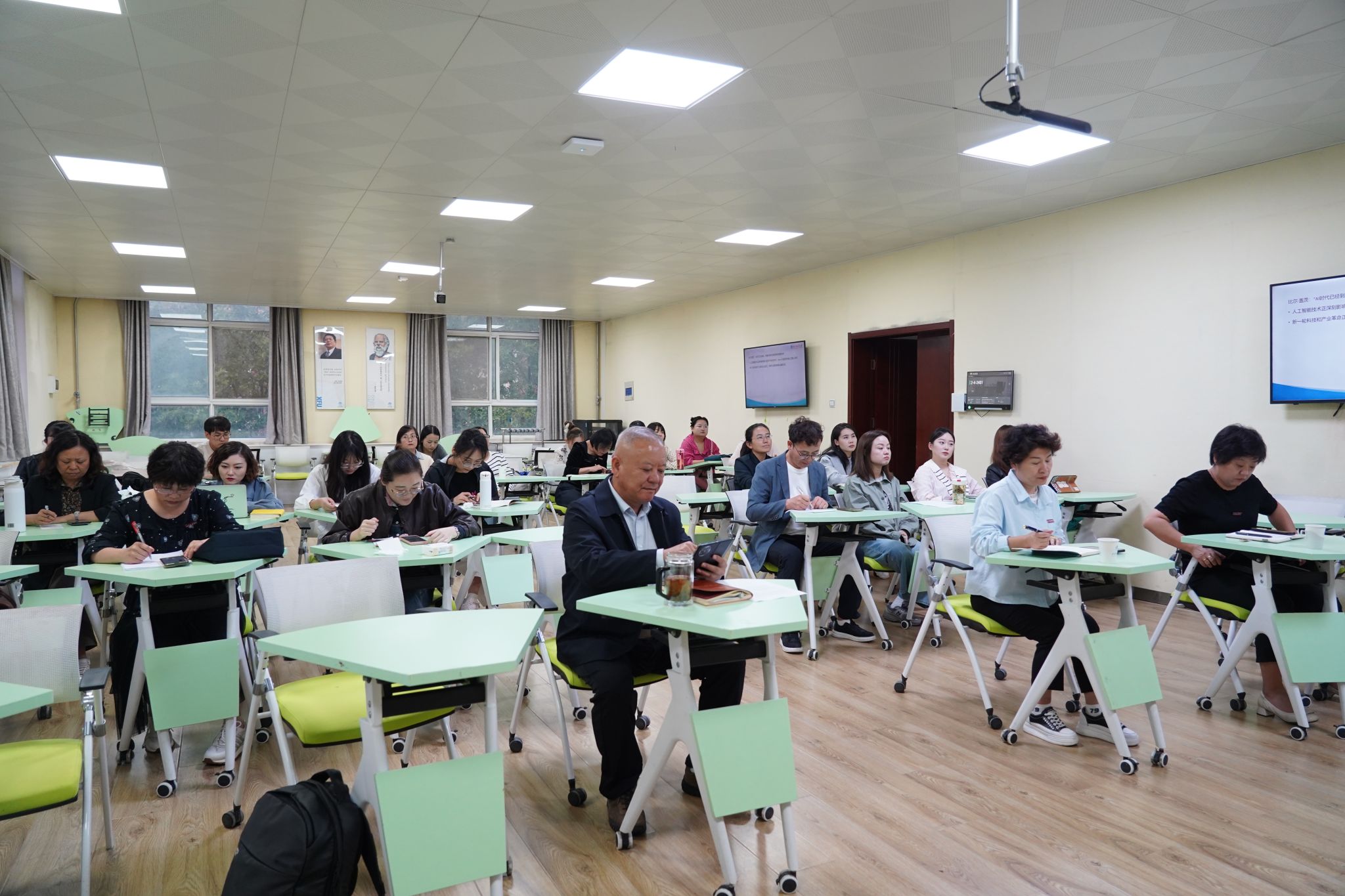On the afternoon of September 18, the 73rd session of the Zhongnan Cultural Translation Forum Lecture Series, hosted by the School of English Language and Culture, delivered a brilliant academic discourse. Professor Lan Hongjun, Dean of the School of Advanced Translation Studies at Guangdong University of Foreign Studies, Deputy Secretary-General of Guangdong Translators Association, and doctoral supervisor, was invited as the keynote speaker. Under the theme “Translation and Critical Thinking in the AI Era”, Professor Lan provided profound insights, offering an enlightening presentation to faculty and students present. The lecture was presided over by Professor Yuan Xiaolu, Dean of the School of English at Xi'an International Studies University.
At the beginning, Professor Lan raised the pivotal question: Will translation majors become obsolete when machine translation accuracy exceeds 95%? He acknowledged that AI can handle 80% of routine text processing, and the standard practice has shifted to machine-generated drafts with human refinement, but literary translation, culturally sensitive content, and strategic documents still require human translators to inject cultural judgment and emotional resonance. Subsequently, Professor Lan systematically elaborated on three future translation paradigms: post-editing machine translations, pre-editing human translations with machine assistance, and real-time interactive translation.
He illustrated how AI could be leveraged for standardizing technical documents, with translators focusing on terminology consistency and stylistic control. For creative texts, AI could offer grammatical optimization and localization adaptation, while in conference settings, it could assist in real-time intercultural mediation. Addressing AI's democratization of educational resources, Professor Lan underscored that future translators must cultivate three core competencies: critical thinking, technical proficiency, and cross-cultural leadership. Finally, he advocated for interdisciplinary translation+AI curricula to cultivate linguist-technologist hybrids.
In closing, Professor Zhang Rui, Vice Dean of the School, delivered a concluding speech. Dean Zhang emphasized that Professor Lan's insights held significant implications for both institutional development and personal growth. She urged all attendees to seize this opportunity, foster innovation, and contribute to enhancing the university's global competitiveness and influence.
Correspondent: Suo Weiwei

